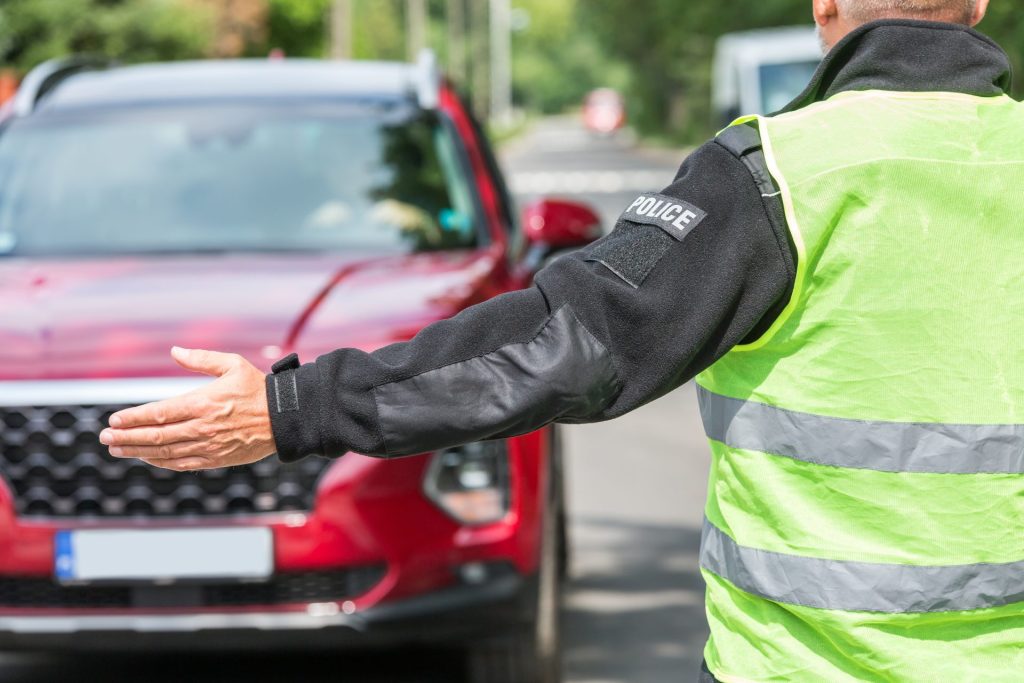An accusation of domestic violence can follow a person for many years, especially if it leads to an arrest. In Colorado, even if the accuser withdraws an allegation on the spot, it may not prevent an arrest. State law requires an officer to arrest someone if they have probable cause to believe domestic violence happened, and the alleged victim does not have the power to drop the charges. This is intended to protect victims from intimidation, but it can also subject innocent people to the machinery of the law.
The arrest feels especially unjust if there is not even any evidence of violence. Nonetheless, this can help a domestic violence defense attorney clear your name.
How Domestic Violence Law Works in Colorado
Under Colorado law, domestic violence is not a separate charge but an enhancer, adding and increasing penalties. The law defines it as “an act or threatened act of violence” against a person who is or was in an “intimate relationship” with the perpetrator. It also includes violence against that person’s animals or property. See C.R.S. § 18-6-800.3.
Any crime that involves “coercion, control, punishment, intimidation, or revenge” can also qualify as domestic violence. Thus, assault is not the only crime that can involve domestic violence. Many other crimes may qualify, depending on the intention and context, such as:
- Menacing
- Harassment
- False imprisonment
- Arson and other property crimes
- Stalking (including cyber-stalking)
The prosecutor is not allowed to drop the domestic violence enhancer unless they file an affidavit stating that they do not have the evidence to make a case for domestic violence. C.R.S. § 18-6-801. Even if the accuser and defendant have reconciled, the defendant still needs an attorney to protect their rights.
Evidence in Domestic Violence Cases
The prosecutor must have evidence to show that the crime was committed. They will also need evidence to show that the perpetrator and victim were in an “intimate relationship.” That relationship does not need to include a sexual element, but it still must be proven.
When the only evidence is the alleged victim’s statement, the prosecution has a problem. The state must prove their criminal case “beyond a reasonable doubt.” If they do not have any physical proof from—
- Medical reports
- Eyewitness testimony
- Police and dispatch reports
- Photos or videos of injuries
- Testimony from the alleged victim
- Property damage, if that is involved
- Historical evidence of disputes with the victim
- Screenshots, computer files, photos, or videos showing the alleged behavior
—then the prosecution may consider dropping the case.
Defense to Domestic Violence Charges
When an alleged victim cannot produce physical evidence that any crime took place, the state is in a tough spot. It is even tougher if the accuser recants and does not want to testify. However, it does not automatically end the case if the alleged victim withdraws their statement or refuses to cooperate. The prosecuting attorney may suspect that the accuser is afraid of the defendant or wants them to keep their job for the family’s sake.
Whether or not the state has any evidence, the defense can produce evidence that indicates what actually happened. Showing a precise sequence of events at the time in question is vital.
No Crime Took Place
False allegations of domestic violence may result from spite or panic. A defense attorney can present evidence of the previous relations and behavior between the pair showing that the accuser had a motive to lie. The defense may also produce records that show the defendant was not there at the crucial time, such as:
- Surveillance video
- Alibi testimony from witnesses
- Time-stamped records, including emails, tickets, or receipts
- Videos or photos posted online showing the accuser or defendant without one another
Videos or photos can also show any alleged interaction between the accuser and defendant, which can indicate that:
- The two never actually interacted at all
- The defendant did not take any illegal action towards the complainant
- The defendant’s action “against” the complainant was an accident, or
- The “victim” was an aggressor, and the defendant’s actions were in self-defense
No “Intimate Relationship”
Domestic violence in Colorado must involve someone in an “intimate relationship.” This can include any present or former partner as well as a co-parent. If an officer misunderstood the nature of the situation, or an accuser lied about the facts, a defendant may be able to show that no “intimate relationship” existed under Colorado law. If so, the prosecutor cannot make a case for domestic violence.
No Probable Cause
An accuser’s lack of evidence also strengthens the argument that the officer had no probable cause to arrest the defendant. “Probable cause” is difficult to define, but broadly speaking, the officer needs more than just suspicion to support his belief that a crime was committed. Without probable cause, the evidence from the arrest may be suppressed.
Protecting Your Future
Since domestic violence charges can carry a lifelong stigma, it is crucial to hire an experienced defense attorney. In Colorado, a conviction of domestic violence also leaves you more vulnerable to future allegations and enhanced penalties.
Domestic violence cases are fast-tracked in Colorado courts, so you need to speak to a domestic violence defense attorney as soon as possible. At the Lux Law Firm, our attorneys can defend you from the fallout of a bad situation and help you right the ship. Call us at 719-451-7469 to schedule your free initial consultation at our Colorado Springs office.





